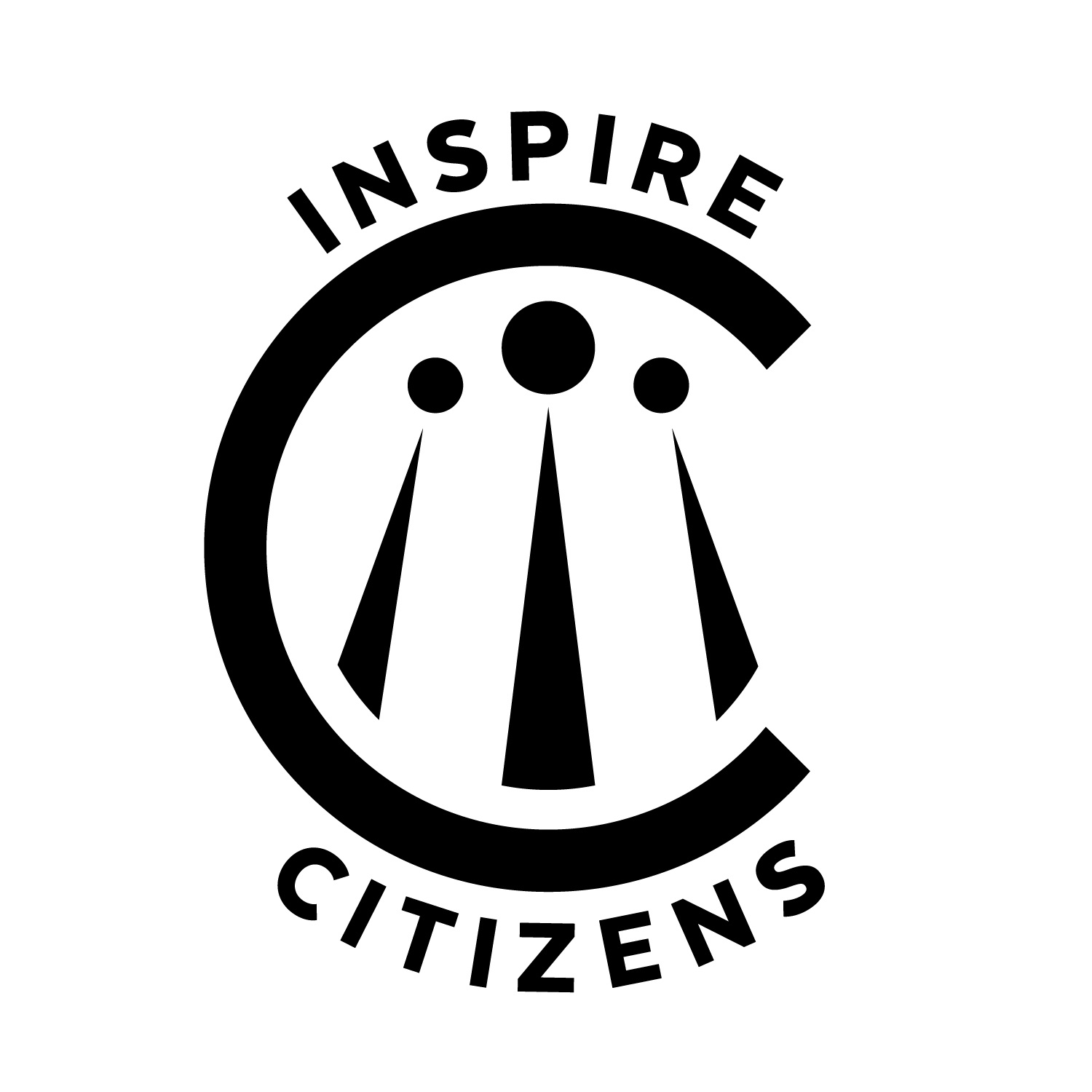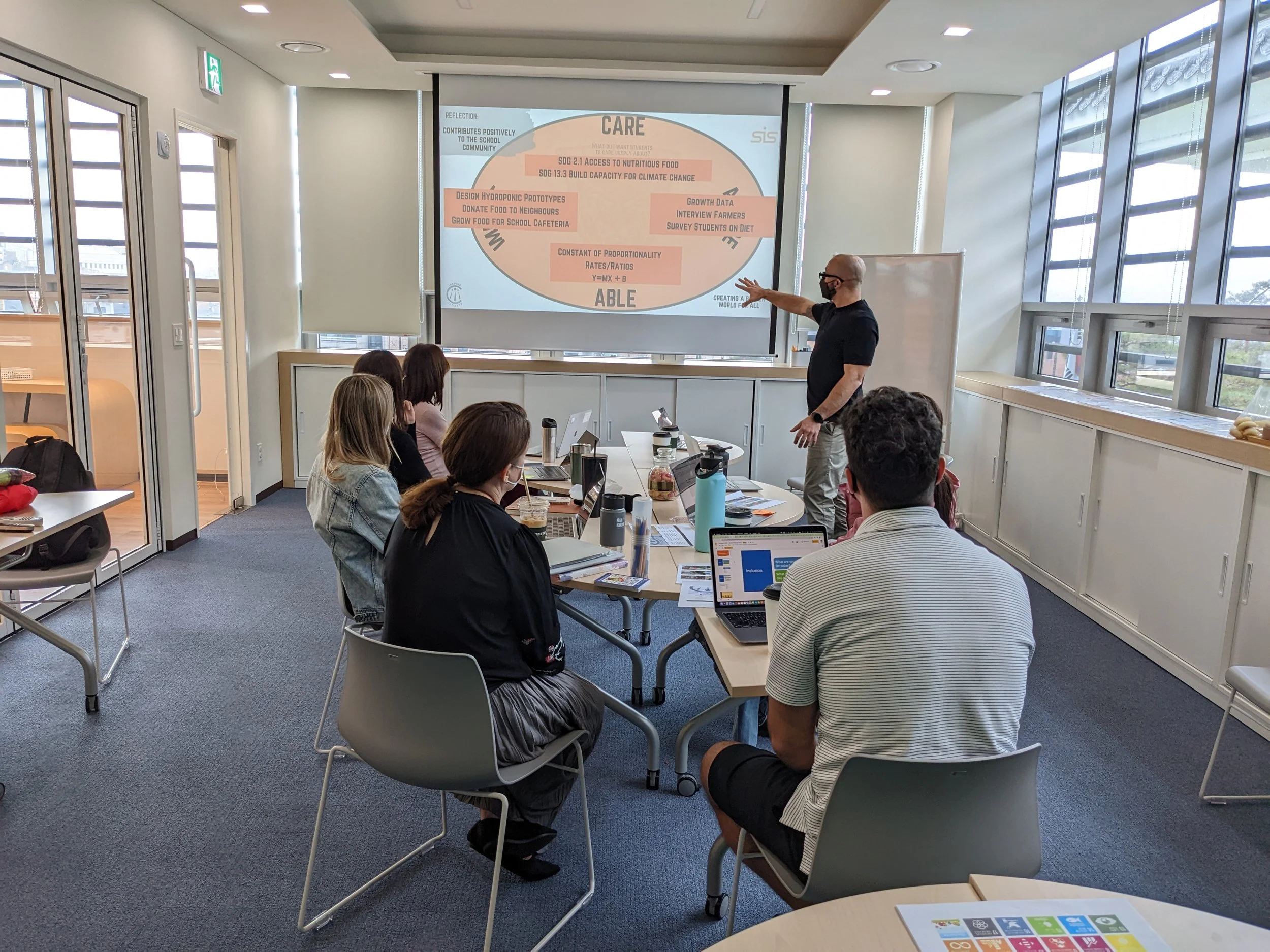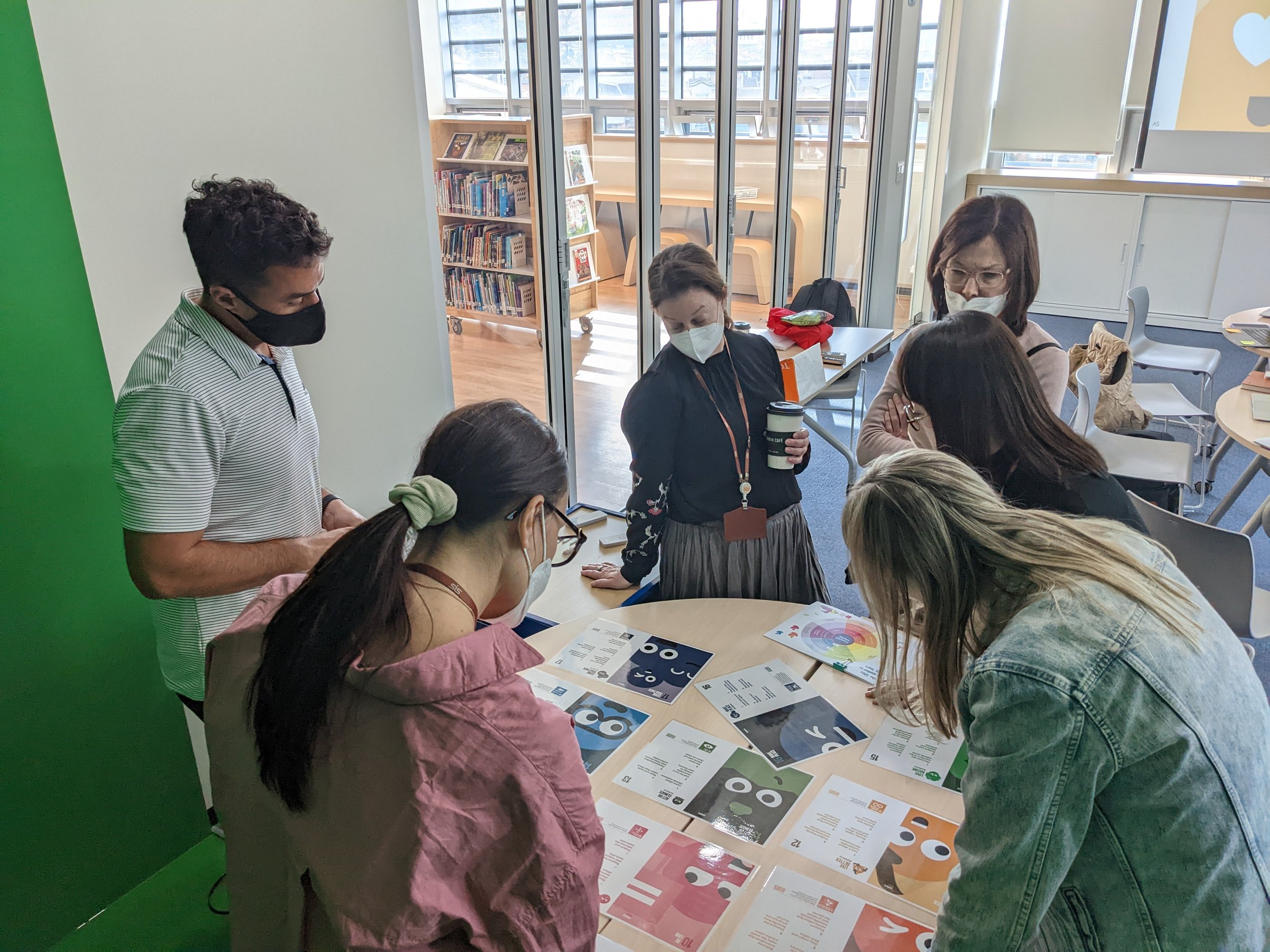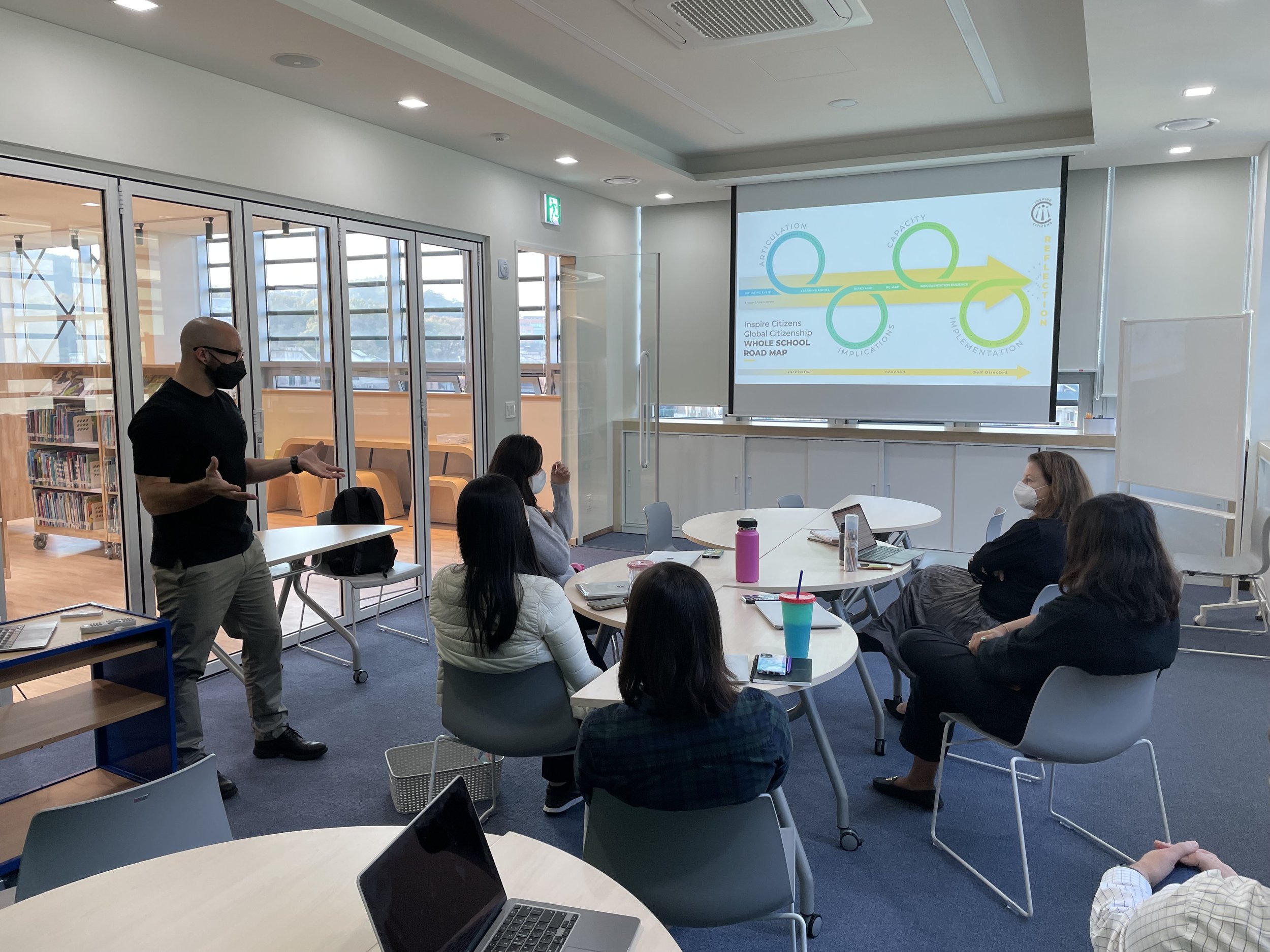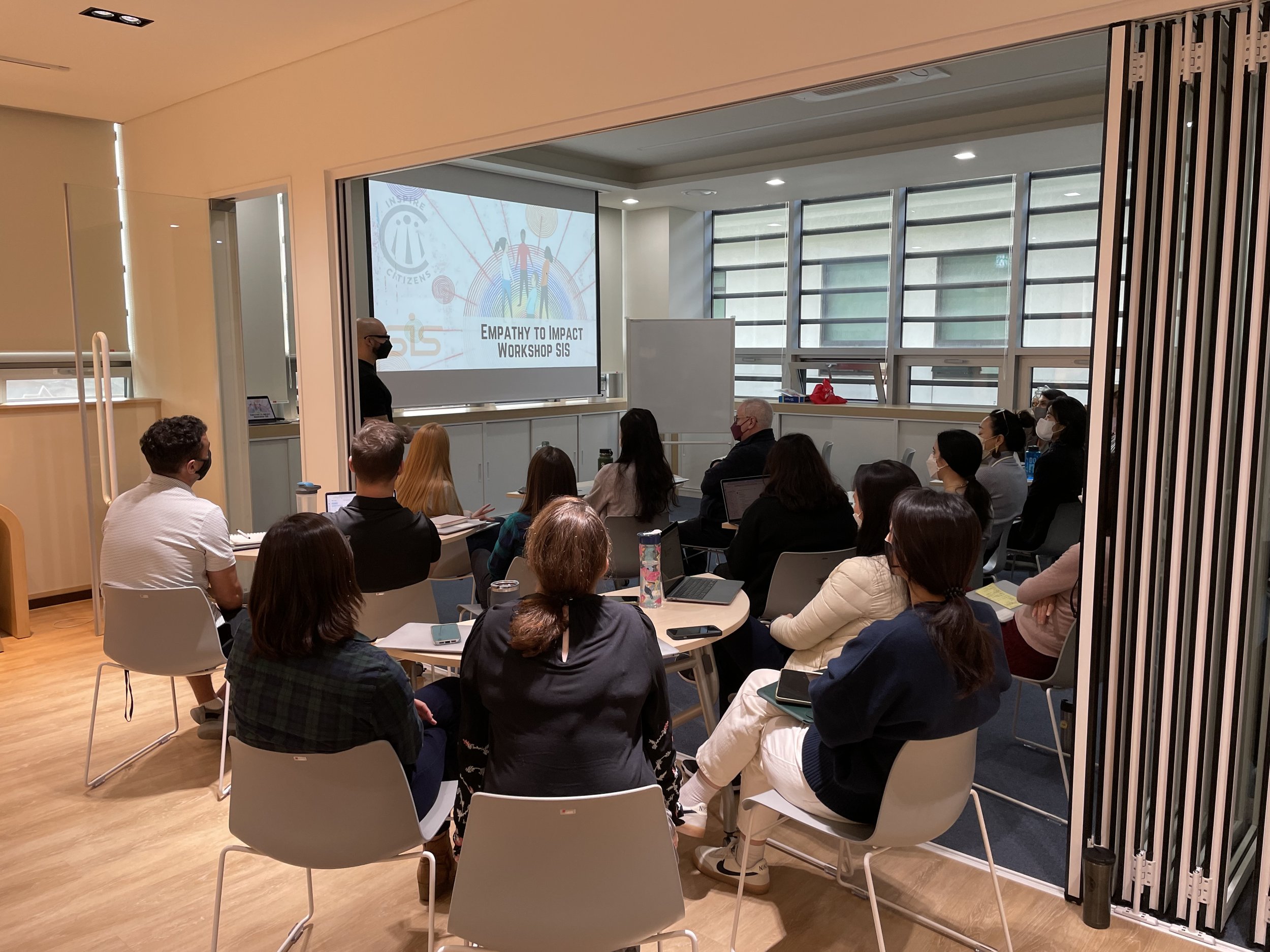Reimagining Social Studies Curriculum through Empathy to Impact
David Mannell came to Seoul International School (SIS) in Seoul, South Korea, just six months ago as the new Director of Curriculum and Professional Development.
He had worked at the International School of Curitiba in Brazil before moving to Seoul and was familiar with service learning and global citizenship education. Several years ago, in the early days of the United Nations’ Sustainable Development Goals (SDGs), David and his team shaped the social studies curriculum there around the SDGs, so David has experience aligning social studies with service learning and a global perspective.
He arrived at SIS at just the right time because there were plans afoot to redesign core curriculum.
The elementary school principal, Brian Byrne, had worked with Inspire Citizens’ founders Steve and Aaron at the International School of Beijing, and he was keen to bring them on board to help with the SIS initiatives. “We were really ready and receptive to Aaron’s message and approach,” says David. “It’s a mindset shift, as we had used NCSS standards at the elementary level until a few years ago when we shifted to the C3 framework, which really emphasizes the inquiry arc and is key to reshaping our social studies curriculum.”
In October, elementary social studies teachers used release time to explore the C3 inquiry arc and what it means to approach teaching and learning this way. Teams also had the chance to begin building new units with connections to the SDGs. Once this work was underway, Aaron came in to help teachers design the action component of the units.
“Now we’re ready to implement C3 alongside Empathy to Impact, and that action component is so vital,” says David. “Taking informed action is, again, a mindset shift. Aaron guided us through the Empathy to Impact planner and everyone has shared ideas and participated in planning. In the team sessions there has been camaraderie and laughter; Aaron does such a good job getting people to connect with each other and open up.”
Aaron also offered support with resources, ideas and additional planning documents, and teams have been able to design full units along with new, innovative summative assessments.
“After our first day with Aaron, two teams replaced all of their unit planners with the Empathy to Impact planner, and they’ve begun to redesign additional units,” says David.
Elementary teams at SIS teach three social studies units each year, in each grade level.
The grade 4 team engaged in a powerful planning session with Aaron. They were redesigning an economics unit. We had a two-year gap in our written curriculum where economics was not truly addressed, and the teachers wanted to do a really good job engaging students and helping them understand the relevance of economics.
“The teachers found themselves wondering about sustainability for businesses, and the impact of Covid, and the effect of Covid on business owners,” remembers David. “Generating those conversations created momentum towards social enterprise, local businesses and NGOs, and how we can spend our money for good and for the community.”
From these conversations, the team has designed an excellent unit (called “Businesses That Do Good”) where students will work on a business plan, developing questions about what makes a business sustainable and what makes business owners desire to do good. The school librarian was an important part of the planning process and will support the learners with resources. Microfinance and the One Hen project will surface in learning activities, and students will interview a local business owner about how they manage and run their business. Students will also use the sustainability compass to design a business and reflect on how their own interests, skills and talents connect to creating a business idea.
The big takeaway for students in this unit is that unique and special businesses show resilience in the face of challenges.
“We want to provide an authentic opportunity for students to bring their businesses to the community and sell products in a marketplace, and the profit from the marketplace will be used to contribute to something in our community,” explains David.
All social studies units at SIS will be redesigned with this approach, and David is excited to see what will evolve and how student engagement will be affected. He has been so proud of the SIS teachers’ efforts to approach teaching and learning with such a positive, impact-driven mindset.
Aaron is a master at helping teams redesign curriculum with global citizenship as a focal point. Stay tuned for more stories from SIS as this curriculum gets put into action.
